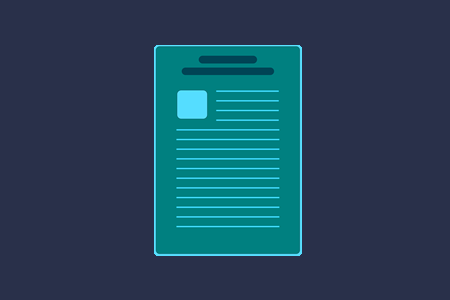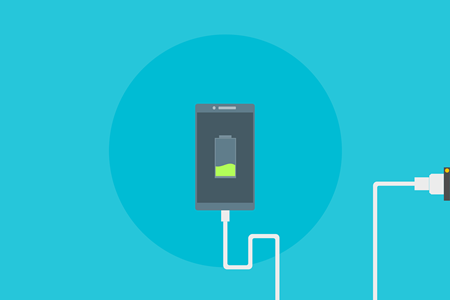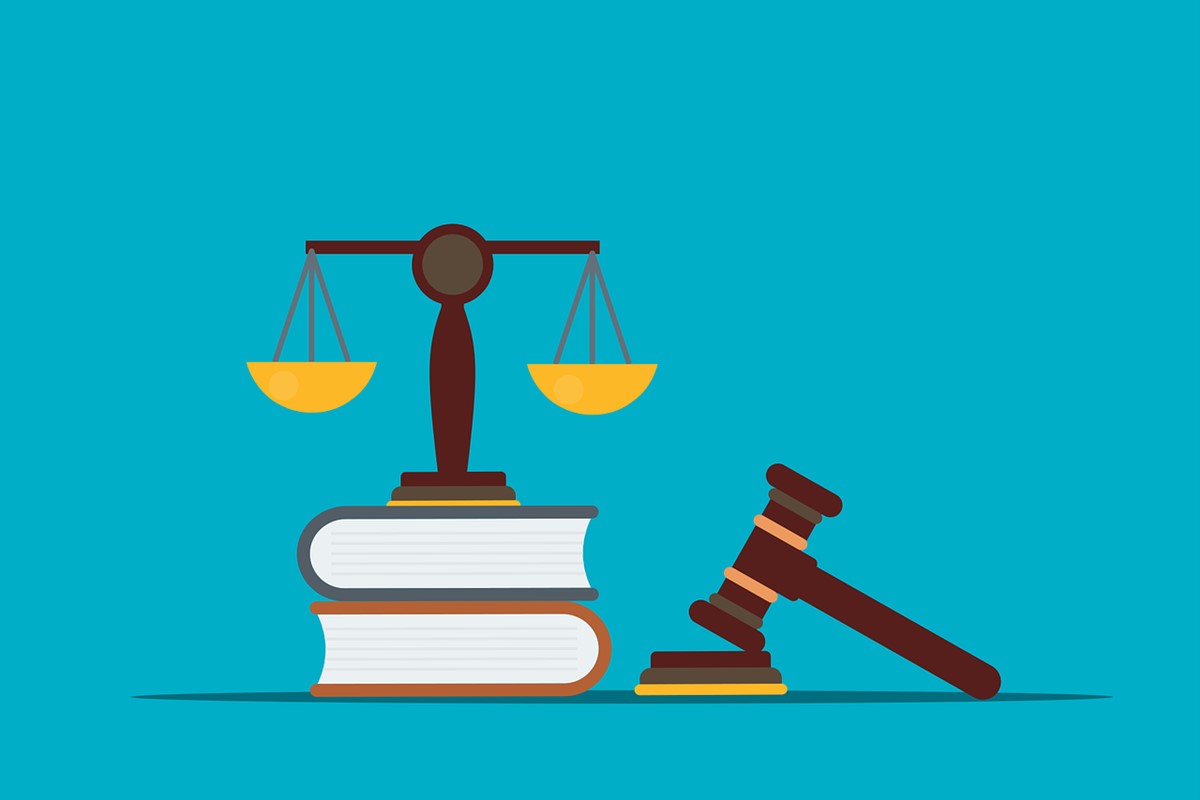Preparing for the Bail Bonding Process
Preparation is the key to success in all aspects of life. That applies as much to the bail process as it does to coaches preparing their team for a big game. If your goal is to get your loved one or friend released on bail as quickly as possible you will need to show up fully prepared for every step in the process. If you’re not, the bail bond agent will not be able to do a lot to move things along. It will be up to you to track down any missing documents or correct any errors or oversights.
In this post, the team at Urban Bail Bonds outlines the steps of the bail bonding process and things you’ll need you’ll need to navigate them effectively and efficiently. This way, should you ever be in a position where someone is counting on your help, you can provide it with as little disruption to your own life as possible.
The Bail Bonding Process: A Step-by-Step Guide
Granting bail is a critical decision in the criminal justice system, and it serves to ensure a defendant’s presence at future court proceedings. If you’re navigating the bail system for the first time, it’s essential to know what to expect. We’ve outlined the eight phases of the bail bonding process below.
- Arrest and Booking — The process begins with an arrest, during which the defendant is taken into custody and transported to the local police station or county jail. After the arrest, the booking process occurs, which includes paperwork, photographs, and fingerprinting. Remaining calm and cooperative during this phase is essential, as the collected information establishes the defendant’s identity and charges.
- Initial Appearance and Bail Hearing — Following booking, the defendant appears before a judge for an initial appearance, commonly known as an arraignment. During this hearing, the judge decides whether to grant bail and, if so, sets the bail amount. Factors influencing this decision include the severity of charges, the defendant’s criminal history, community ties, and flight risk.
- Posting Bail — If bail is granted, the defendant or their family and friends can choose to post the full bail amount with the court. However, many individuals find it challenging to pay the entire sum upfront. This is where a bail bonds agency, like Urban Bail Bonds, becomes helpful. Instead of paying the full bail amount directly, you can work with a bail bonds agent. This involves paying a non-refundable fee (usually a percentage of the total bail) to the bail bonds agency. In return, the agency provides a surety bond to the court, ensuring the defendant’s appearance at future court dates.
- Release from Custody — Once the bail bonds agent posts the bond, the defendant is released from custody. During this time, it’s crucial to comply with any court-set conditions, such as attending hearings and adhering to restrictions.
- Court Proceedings — After release, the defendant is required to attend all scheduled court hearings. Staying informed about upcoming dates and collaborating closely with legal counsel is crucial to preparing a strong defense. Failure to appear in court can result in the forfeiture of the bond and potential re-arrest.
- Case Resolution — The legal process continues with hearings, negotiations, and, if necessary, a trial. The case’s outcome determines whether the bail is exonerated or if further legal action is needed.
- Conclusion of Bail Agreement — Once the legal proceedings are resolved, the bail bonds agreement concludes. If the defendant fulfills all court requirements, the bail bond is discharged, and any collateral provided is returned. However, if the defendant fails to appear in court, the bail bond may be forfeited.
Requirements to Co-sign for Bail Bonds in Colorado
Co-signers are often relatives, close friends, business partners, employers, or spouses. Some bondsmen may require the co-signer to have a full-time job or own real property in the same state where the bond is being posted. These requirements can vary across different bondsmen, so it’s important to check with the specific bondsman or agency. Co-signing a bail bond is a serious commitment, and understanding these requirements is crucial to making an informed decision.
In the state of Colorado, co-signing a bail bond involves several key requirements.
A Proper Form of I.D.
If you show up to the bonding company office without a valid form of identification, they will likely send you home to get one. They need to see an officially sanctioned form of identification to ensure the right person is entered into the record as the bond co-signer of note. That typically means a driver’s license, although a passport will usually suffice. The bondsman needs to know exactly who is co-signing the bond in case the person being bailed out decides to skip town.

Proof of Ownership
While not always necessary, proof of ownership, such as a deed to property or a vehicle title, may be required. This serves as additional assurance of the co-signer’s financial capacity. If requested, the co-signer must provide evidence of ownership of tangible assets. These assets could include a house, a car, or other valuable property. The purpose of this requirement is to ensure that the bail bond company has a way to recover the bail amount if the defendant fails to appear in court. Proof of ownership usually involves providing documents such as property deeds or vehicle titles that clearly show the co-signer as the owner.

Proof of Employment
A prospective co-signer is typically required to provide proof of employment to demonstrate that they have a steady source of income. This is to ensure that they can afford to pay the bail amount if the defendant does not fulfill their court obligations. The co-signer may need to provide pay stubs, tax returns, or other documentation to prove their employment history. A long-term, stable job is often seen as a positive factor when considering someone for co-signing a bail bond, as it indicates the co-signer’s ability to meet potential financial obligations related to the bail bond expense.

An Approved Form of Payment
The days when a bail bond company would accept a personal check are pretty much over. If they have had dealings with a particular person before and everything went well they might risk it. But don’t count on it. Instead, most bail bond agents these days prefer debit cards, with credit cards typically a second choice. Some will also accept PayPal or other types of digital wallets. But if you hope to use something like that make sure you clear it with the bondsman first.
Also, make sure that whatever card you decide to use can handle the full amount, which is usually 10-15% of the total bail, depending on the bail amount set by the court. If the payment type you choose can’t handle the full amount you’ll either need to spread the cost over several cards or go home and think of some other way, like collateral. The bottom line: have your payment details figured out in advance.

A Good Credit History
A good credit history is a significant requirement for a bail bond co-signer – including regular payments, some savings, collateral, or property. A high credit score and a history of timely payments indicate that the co-signer is financially responsible. This gives the bail bond company confidence that the co-signer will be able to pay the bail amount if necessary. Bringing a recent credit report could be required as an indicator of your reliability with past debts – and your capacity to take on additional financial requirements. Otherwise, the co-signer’s credit history may be checked through a credit report from one of the major credit bureaus.

Other Things to Bring to Your Bail Appointment
A Fully-charged Phone
Why? Because you may wind up using it a lot during the process and you don’t want it dying on you at a critical time. For instance, you may need to call the jail at some point and talk to your friend or loved one who’s been incarcerated. You may also want access to the phone’s calculator or calendar apps. Making note of court dates before you forget them will be critical for all involved.
You can also use the phone’s camera to take photos of every piece of paperwork you fill out in case something gets lost or there are questions about certain bits of information. During the process, you will also likely want to take some phone numbers to add to your contact list. That includes people at the bondsman’s office, court officers, a lawyer, or other people involved with the situation.
Also, if you are moving between several locations throughout this process – such as home, the bonding company, jail and the courthouse – a navigational app like Google Maps or Waze will help make sure you don’t get lost.

A Snack
Things always take longer than we want them to, and for that reason, it can be helpful to have a snack with you. That way when you’re waiting in this or that office you can keep your energy levels up. You don’t need to bring a cooler filled with food and drinks. But having a piece of fruit and perhaps some crackers with you could go a long way toward fending off hunger and the irritability that often comes with it.
You might think you’ll just bring some change and rely on vending machines. But just like there never seems to be a gas station when you need one, vending machines tend to disappear when you want them the most. So bring something yourself, just to be safe.

Colorado Court Docket Search
Enter your case information to search the Colorado Judicial Branch Court Docket for the scheduled time and location of an upcoming court appointment.
FAQs About Broomfield County Bail Bonding
Cash and credit card payments can be made on-site at the Broomfield Detention Center, located at the address below.
Broomfield Detention Center
11600 Ridge Parkway
Broomfield, CO 80021
If you plan to make a cash payment, bring the exact amount required, as Detention Center staff typically won’t be able to provide change. If you need the assistance of bail bonding agents to pay the required bail amount, please contact Urban Bail Bonds or other local bondsmen to initiate the bail process.
The Broomfield Detention Center also allows for bonds, bond fees and detention fees to be paid online via credit card. Please visit their website for more information and to make an online payment.
Need to Bond an Inmate Out in Broomfield County?
Learn how to post bail online or on-site at the Broomfield Detention Center
The bail amount is typically determined by the court based on various factors, including the severity of the charges and the defendant’s criminal history. You can inquire about the bail amount by calling the Broomfield Detention Center or checking with the court handling the case. Alternatively, a bail bondsman can assist you in determining the bail amount and initiating the bonding process.
The timing of posting bail after an arrest can vary. However, it’s advisable to initiate the process as soon as possible to expedite the release of your loved one. Bail bondsmen are available around the clock to assist you.
Yes, defendants facing felony charges are generally eligible for bail bonds in Broomfield County. However, the bail amount may vary depending on the severity of the charges and other factors determined by the court.
The bail appointment for your loved one is typically scheduled shortly after their arrest. This appointment will occur at the Broomfield County Courthouse or the Broomfield County Detention Center, depending on the circumstances. To learn the location and timing of upcoming bail appointments throughout the state of Colorado, search the court docket through the website of the Colorado Judicial Branch.
For Affordable Broomfield Bail Bonding, Trust Urban Bail Bonds
If you plan on handling the bail process in person you must arrive prepared. Otherwise, you will have wasted a trip and wasted your time. Not to mention the time of the bondsman and perhaps a court officer or two.
If you or someone you know needs 24-hour bail bonds get in touch with the team at Urban Bail Bonds by calling us at (303) 736-2275.

